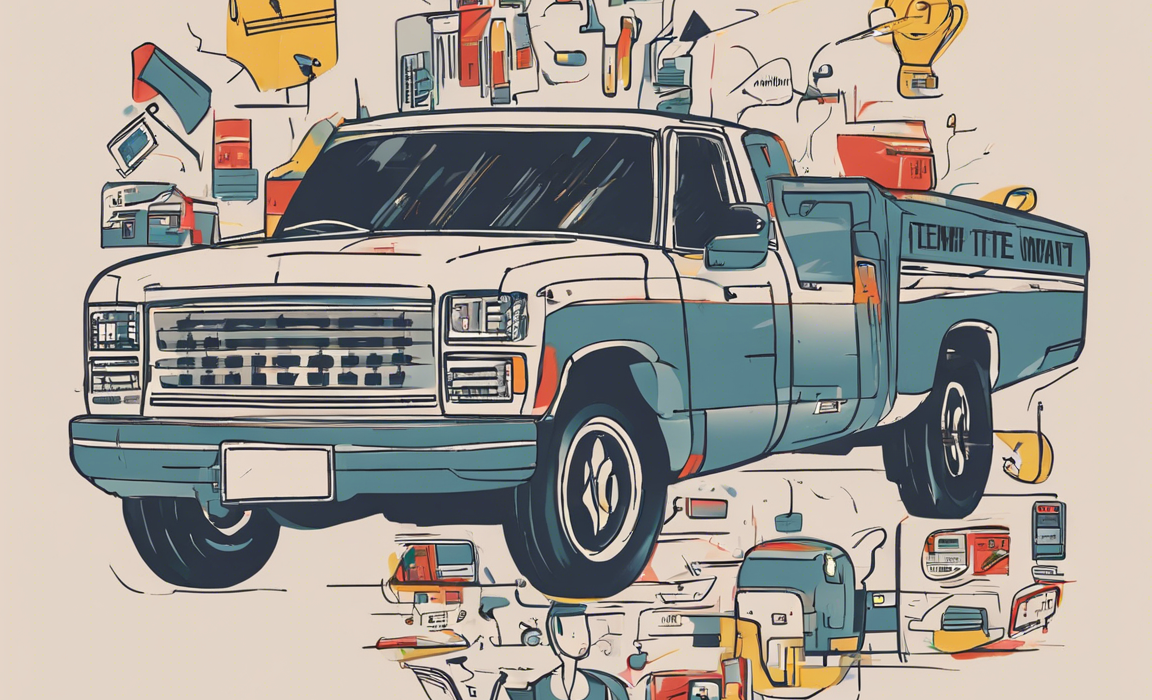If you’ve ever travelled on a train in India or some other countries, you may have come across the acronym TTE. But what does ‘TTE’ stand for, and what role does a TTE play in the context of train travel? In this comprehensive guide, we will explore the full form of TTE, its responsibilities, and how it impacts your train journey.
What Does TTE Stand For?
‘TTE’ stands for ‘Travelling Ticket Examiner’. In Indian Railways and possibly some other parts of the world, a TTE is an official responsible for checking passengers’ tickets during a train journey. The primary role of a TTE is to ensure that passengers are travelling with valid tickets and to address any ticketing-related issues that may arise during the journey.
The Responsibilities of a TTE
Ticket Inspection
One of the primary responsibilities of a TTE is to inspect passengers’ tickets to verify their authenticity and validity. This helps in preventing ticketless travel and ensures that all passengers are compliant with the rules and regulations of the railway authorities.
Seat Allocation
In some cases, especially when passengers do not have a reserved seat, the TTE may assist in assigning available seats to such passengers. This can help in optimizing the seating capacity of the train and ensuring that all passengers have a place to sit comfortably.
Dealing with Passenger Concerns
If passengers face any issues related to their tickets, such as misplaced tickets, incorrect details, or seating discrepancies, they can approach the TTE for assistance. The TTE is trained to handle such concerns and provide necessary guidance to the passengers.
Maintaining Order and Security
TTEs also play a crucial role in maintaining order and security on the train. They ensure that only authorized individuals are travelling on the train and intervene in case of any disputes or unruly behavior among passengers.
How to Identify a TTE?
TTEs can typically be identified by their uniforms, which may vary based on the railway authority. In Indian Railways, for example, TTEs usually wear a navy blue uniform with a cap and carry an identity card for verification purposes. They may also carry electronic ticket-checking devices to streamline the ticket verification process.
FAQs About TTEs
1. What should I do if I can’t find the TTE on the train?
If you are unable to locate the TTE on the train, you can approach the train conductor or any other railway staff member for assistance. They can help you in reaching out to the TTE or addressing any ticketing concerns you may have.
2. Can a TTE upgrade my ticket to a higher class if seats are available?
While it is at the discretion of the TTE and subject to availability, in some cases, a TTE may upgrade your ticket to a higher class if there are vacant seats in that class. However, this is not guaranteed and depends on various factors, including the train’s occupancy.
3. What happens if I don’t have a ticket when the TTE asks for it?
If you are found travelling without a valid ticket when asked by the TTE, you may be liable to pay a fine as per the railway rules. It is essential to ensure that you have a valid ticket for your journey to avoid such penalties.
4. Can a TTE help me with information about my destination station or connecting trains?
TTEs are generally knowledgeable about the train routes, stations, and schedules. You can approach a TTE for information about your destination station, connecting trains, or any other travel-related queries you may have during the journey.
5. Are TTEs authorized to handle complaints about other passengers’ behavior?
While TTEs primarily focus on ticketing-related matters, they are also responsible for maintaining order and security on the train. If you encounter any issues related to other passengers’ behavior or concerns, you can report them to the TTE for necessary action.
Conclusion
In summary, a Travelling Ticket Examiner (TTE) plays a crucial role in ensuring ticket compliance, seat allocation, passenger assistance, and maintaining order during train journeys. By understanding the responsibilities of a TTE and how to interact with them effectively, passengers can have a smoother and more secure travel experience. If you ever have any ticketing concerns or need assistance during your train journey, do not hesitate to reach out to the TTE for guidance and support.


